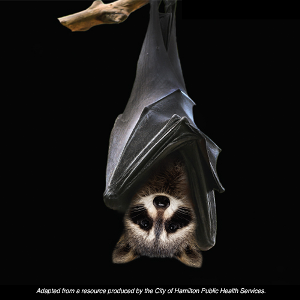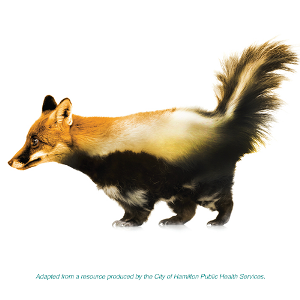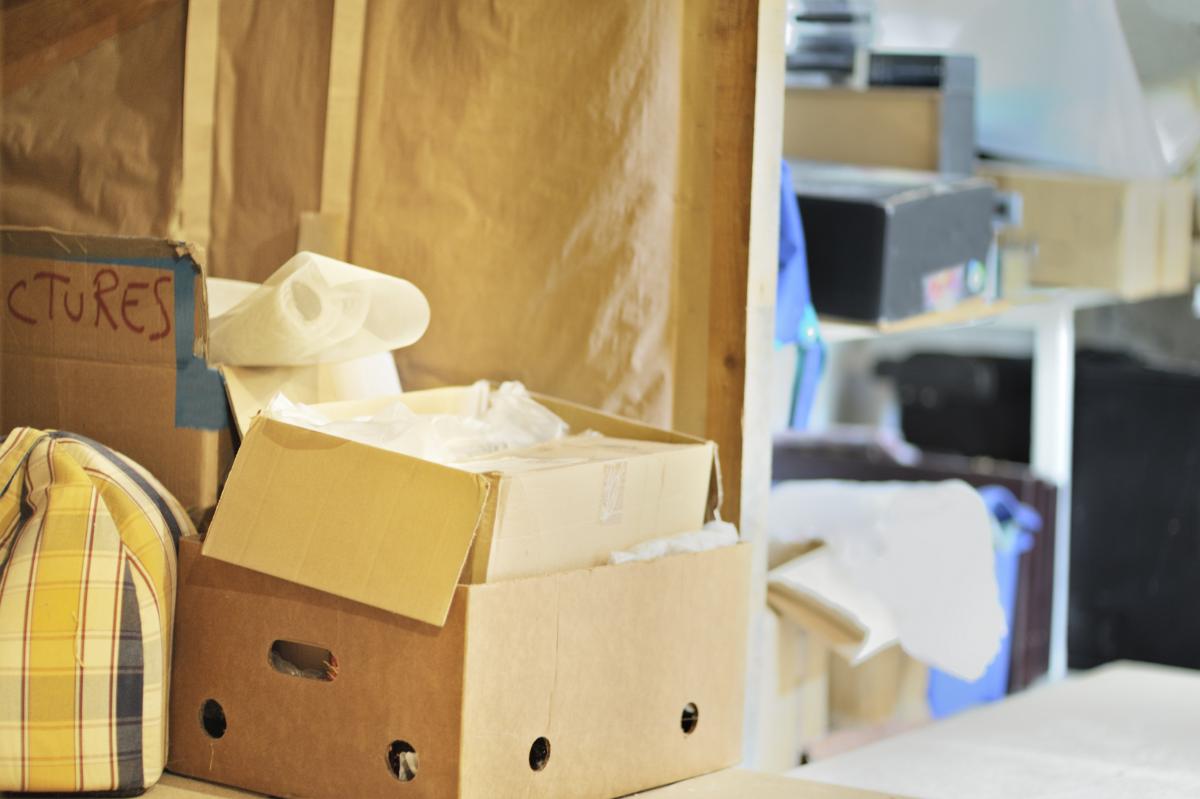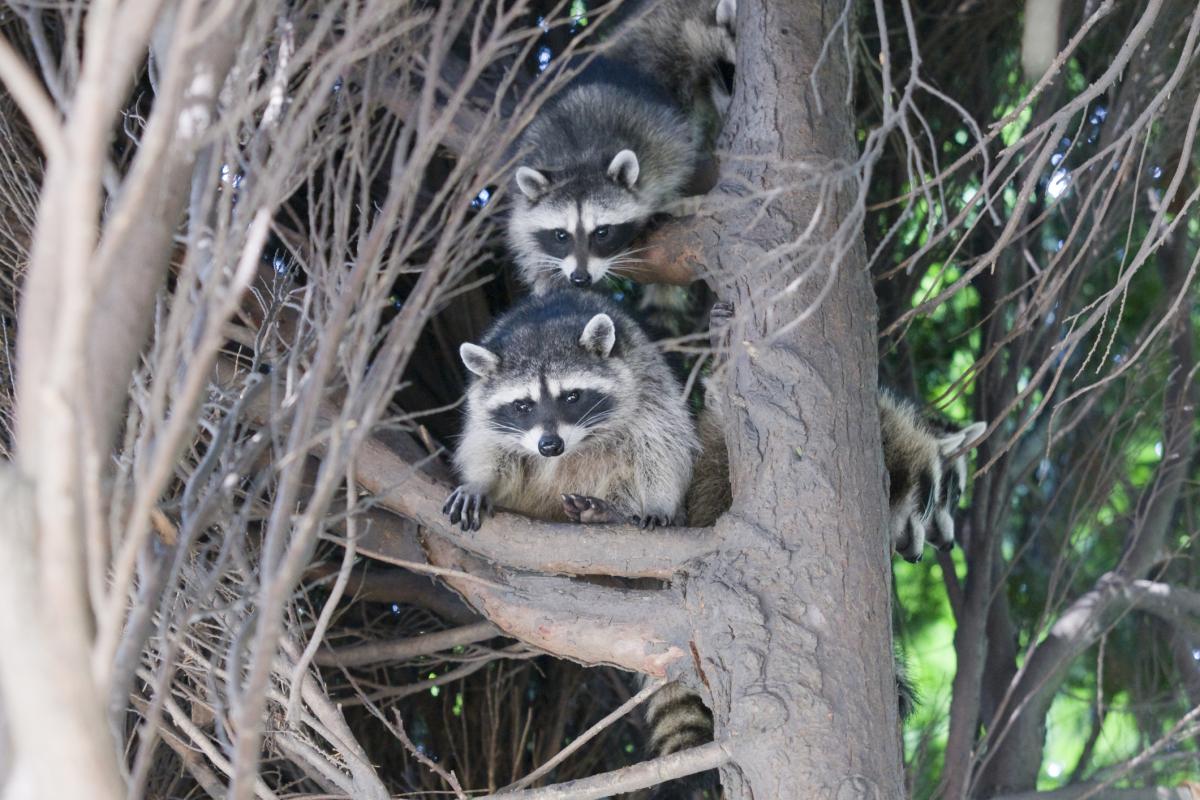True or False? The “baccoon” and the “skox” are real animals.


If you guessed false, you’re right – the baccoon and the skox are not real. But rabies is.
And the raccoon strain of rabies is back in Ontario.
As of March 29, there have been 295 cases of raccoon rabies in Ontario. The majority of the cases have been in raccoons and skunks in Hamilton, but two cats have died from rabies too.
Other areas with confirmed cases of rabies include Halton, Niagara, Haldimand-Norfolk, Brant and Perth.
Even with widespread prevention and control efforts, like the dropping of wildlife vaccine baits in urban and rural areas, rabies doesn’t appear to be going anywhere. Since some of the affected regions are our neighbours, it’s possible – even likely – that a rabid animal could venture into Wellington County, Dufferin County, or the City of Guelph.
What is rabies?
Rabies is a viral disease that attacks the central nervous system of mammals, including humans. Warm-blooded animals like raccoons, skunks, foxes and bats are the most common carriers. They can spread the virus through their saliva, commonly through a bite or a scratch.
Once an animal or human gets rabies, it is nearly always fatal. That’s why it is so important to get help right away if you or your pet have been bitten or scratched by a wild or domestic animal, to make sure you don’t get rabies.
Do you know who to call?
What would you do if you found yourself in one of these scenarios?
1.You’re out for a run in the park, enjoying the spring sunshine, when a dog starts chasing you, grabs your ankle and bites you. What should you do?

As soon as you can, wash the wound out with soap and water. Go to your family doctor or an emergency department. Then call Public Health right away to report the bite. From Monday to Friday, 8:30 a.m. to 4:30 p.m., call us at 1-800-265-7293 ext. 4753. On weekends or holidays, call 1-877-884-8653. If you can find the dog owner, get their contact information and report it to Public Health.
Anytime you’ve been bitten or scratched by a domestic or wild animal, always contact Public Health. We will help determine your risk of exposure to rabies.
If you own an animal that bites or scratches someone, we might arrange for your cat or dog to be confined in your home for 10 days to make sure it doesn’t have rabies. We will also arrange for the rabies vaccine to be delivered to your doctor’s office if needed.
2. Sparky, your ever-curious and energetic beagle, has gotten in a fight with a skunk in your backyard and come back to your house, stinky as ever. What should you do?

Contact your veterinarian right away. Anytime your pet has had a fight or direct contact with a wild or stray animal where they could have been bitten or scratched, your vet will help to determine your pet’s risk of getting rabies. It’s also important to make sure your pets are up-to-date on their rabies vaccine. As for the stink, good luck!
3. You are doing some spring cleaning and find a dead bat. What should you do?

Call the Canadian Wildlife Health Cooperative Hotline at 1-866-673-4781. They can talk to you about what to do if you find a sick or dead bat that hasn’t had direct contact with people.
Say you step on a bat with your bare feet or it lands on you. Or maybe you wake up in the middle of the night and find a bat in your bedroom, but you’re not sure if it touched you. Who do you call?
Your family doctor AND Public Health right away.
4. It’s a beautiful sunny afternoon and you’re out for a walk with your kids. Off in the distance, you notice a raccoon acting oddly, staggering around even though it’s daytime. What should you do?
Do not go near the racoon. Raccoons are nocturnal animals that should only come out at night
If the raccoon, or any other wild animal, acts aggressively and or is an immediate threat to people, your pets, or livestock, call your local animal control agency or the police.

What else can you do to protect your family and pets?
When you’re out and about enjoying the spring weather that has finally arrived (hooray!), here are some tips for keeping your family safe:
- Stay away from all wild animals including raccoons, skunks, foxes and bats – although they may look cute, they can carry rabies and other diseases.
- Teach your children to stay away from wild animals and unfamiliar domestic pets – even if they look friendly.
- Keep an eye on your pets when they’re outside and keep their food dishes indoors, to avoid attracting unwanted visitors.
- Vaccinate your pets against rabies.
Find out more about Public Health’s role in protecting our community against rabies.
